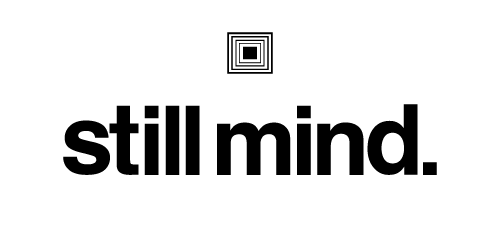It's been three weeks since I took the leap from my corporate job and I'm still adjusting to this new freeform lifestyle.
Whether you work out of a home studio or write every day at a coffeeshop, you'll likely relate to this at some part of your journey.
I'm learning these little things about myself that make a big difference to my daily vibe and productivity. Things like:
>>> I have to get out of the house every morning before noon. Even if I wake up early to begin work/writing/recording from home, this is essential to preventing cabin fever and depression in the later hours when I should be getting my second wind.
>>> A little bit of yoga and/or meditation first thing in the morning is a priority.
>>> Schedule early meetings and calls to build momentum.
>>> I actually enjoy cooking my own food fresh now and completing these embarrassing meal prep rituals for the week. I shredded my first organic carrot last night. I own a garlic press now. It's wild if you knew how empty my fridge was before. I no longer have the same excuses, so I make the time which is in turn making me healthier and maybe even more creative.
>>> Time management is something I am way more aware of now, especially when people run late. I have to set all the boundaries for myself which is a tall order. There's no on/off switch when you are hustling as a creative entrepreneur.
>>> I have to give myself a lot of pep talks with the lack of feedback that comes from a 9-to-5 office environment. I'm allowing myself room to grow through it and realizing how much of my identity is still wrapped up in external things. But in the end so many signs are showing me I made the right decision.
I reached out to a few friends of Still Mind and they had a few more notes:
"I will add "take breaks often!" to the list. At first I thought it was a sign of weakness but I've learned it keeps me overall more productive over the course of the day. I have also noticed my endurance has increased over time so the frequency and length of breaks are totally fluid." - Erin Yvonne Stewart Meadows
"I found a book, DAILY RITUALS (I listened to the audio book since I take a lot of road trips) and I found it to be both inspiring and affirming. There are so many variations: people who are creative at night, those who need to drink tons of coffee or lots of liquor or BOTH. Of course, this book is about the creative processes of historical composers, authors, inventors, etc. It's so insightful!! Check it out if you haven't already. I'm still trying to figure out what works for me!" - Lisa Murray





